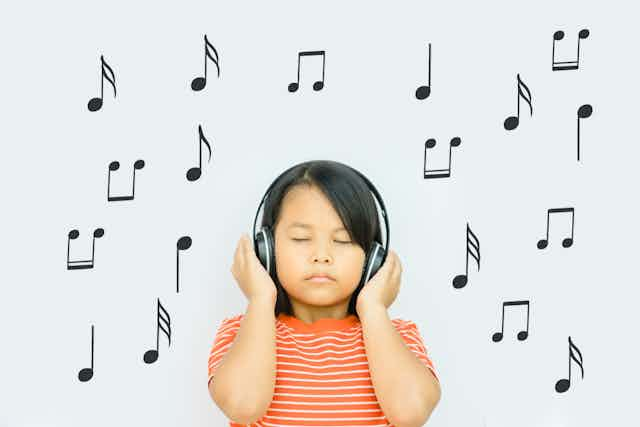Music is an essential part of the human experience. Music is the only thing you can live without. Research has shown how different kinds (or kinds) of music tracks cause variations in blood pressure that are caused by metal and rock. Metal causes more positive changes than tranquilizer-like tracks. They also cause hormone fluctuation based on the type we listen to . Metal will take us to new horizons while soothing acoustic musicians help regulate everything from moods through appetites.
The idea that music can affect our mental health is not new. In certain societies, music and drums were used for healing which dates back to thousands of years ago. This practice is widely recognized as an effective tool in the treatment of anxiety problems and post-traumatic stress disorder.

Music therapy is a method that many people are already using in some way. The foundation of this treatment involves music, so it has greater potential to assist those who require healing than other types would since they’ll experience a sense of connection instantly and feel their mood improve simply by listening. To ensure that this approach is 100% effective, therapists will typically compose lyrics or tunes from traditional songs. However, they may also use mindfulness exercises that require patients to focus on certain sounds.
So, who would benefit from music therapy?
The use of music therapy is to relax and get ready for work. However, it is being looked at as a therapy option for a variety of psychological disorders.
1. Hearing Impairment
It has been demonstrated that music therapy can enhance speech production in people with hearing loss. Though only a small portion of people have difficulty hearing, it is possible for people to feel some sensation. Music therapy can improve speech formation by helping with intonation/tempo issues and wavelength/rhythm perception. These aspects all influence how fast or easy we speak , depending on the type of music we’re using.
2. Autism
The use of music therapy has been proven as a successful method for people suffering from autism spectrum disorders (ASD). Music therapy can be incorporated with standard treatment to help individuals with autism spectrum disorders (ASD). It seems that it can lead to better lives. Children who were treated with both had shorter periods of social withdrawal and isolation than those who received just one. This suggests there is some value in mixing them. Boys who are stronger in social skills are also likely to be more socially active.
3. Chronic pain
Both music and pain can provide a soothing experience for those suffering. This is why it’s no surprise that people who utilize music therapy to relieve their burdens on their bodies will experience less discomfort. This is achieved by allowing your attention to drift away from pesky sensations. It’s the same way that we utilize our ears while listening to music or playing pianos when there’s nothing else.
For more information, click house of music book
